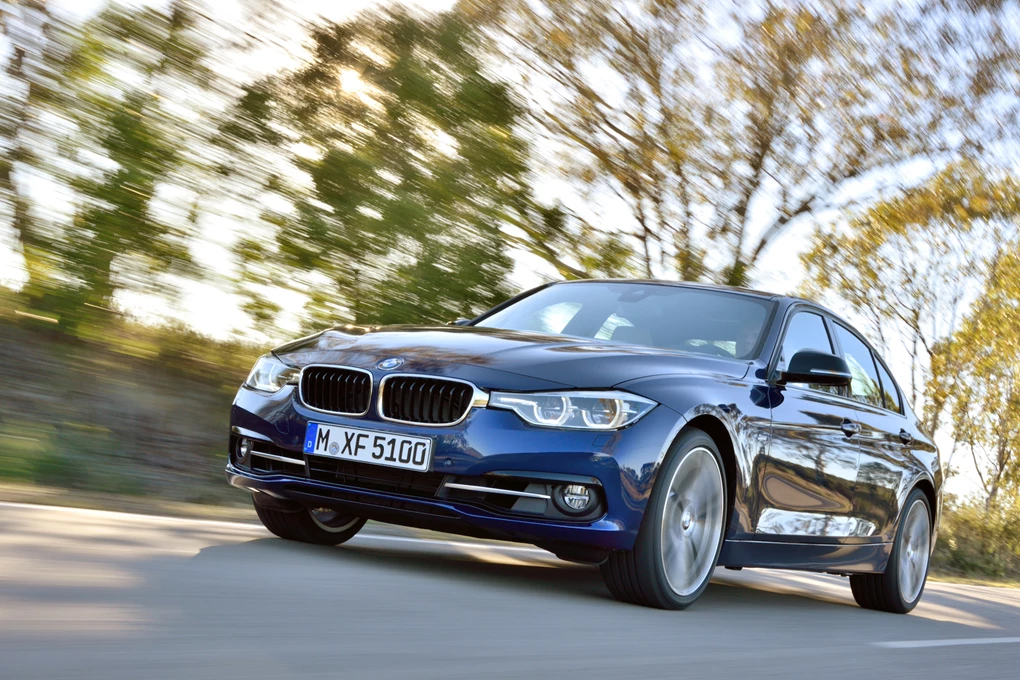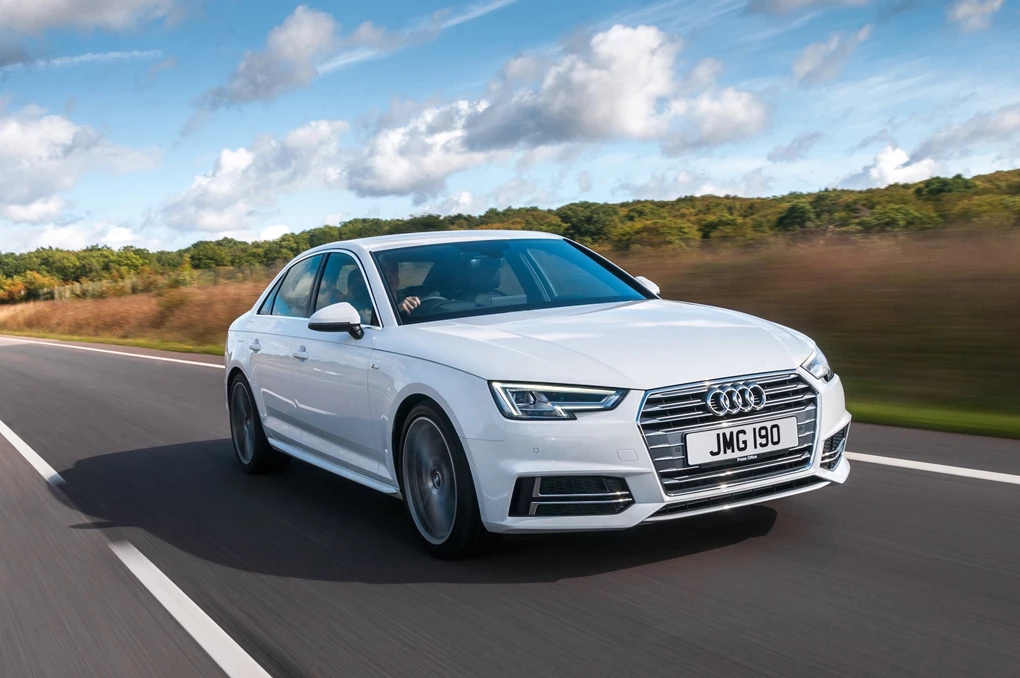As an extra incentive and a great way to keep staff on board, company cars are an important tool for businesses and its employees.
The government, however, knows that this ploy is used, so it taxes business cars as it classes the scheme as outside of a citizen’s National Insurance impact.
Called Benefit In Kind (BIK) tax, company car taxation is used by Her Majesty’s Revenue and Customs (HMRC) as a money-making scheme for the government.
BIK is based on a vehicle’s CO2 emissions and vehicles are given a percentage rating that affects how much they are taxed. With cars getting cleaner, lower emitting vehicles are starting to be charged more under BIK.
Although the stats and figures appear to be rather impenetrable, BIK is easy to understand once you know the important information. We take a look at it…

What is Benefit In Kind?
Company cars are classed as ones that have been provided to you by your employer that you then use for both personal use and work, and according to HMRC, this is classed as a perk that can be taxed and an additional value on top of your salary.
The tax is based on how much CO2 the car emits and the value of the vehicle under the P11D regulations. P11D is the price of the vehicle plus optional extras, but not including non-taxable parts, such as road tax and registration fee. However, it won’t take into account discounts – only the list price.
You can reduce BIK by declaring you only use the vehicle part-time or you helped with the cost of purchasing the vehicle.
Enquire on your New Company Car
How is your company car tax calculated?
As part of the tax is based on emissions, HMRC categorises different levels of emissions with a certain percentage – for example a vehicle that emits between 110-114g/km CO2 has a BIK rating of 23 per cent. Your personal tax rate is also part of calculating the amount of tax you pay as well.
For example, if the car you go for has a list price of £20,000 and emits between 95 and 99g/km CO2, the BIK would be:
£20,000 x 20% (BIK emissions rating) = £4,000 (BIK amount)
You would then times that by your tax rate – say 20 per cent – your overall company car tax would be:
£4,000 x 20% (tax rate) = £800 per year

What other things should you consider?
With the clamp-down on diesel vehicles beginning to affect drivers, you may find going for a petrol-powered vehicle to be the better option. BIK rates for diesel are four percentage points more than petrol ones, which, for example, means that if your diesel car emits 120-124g/km CO2, it would be set at 29 per cent – whereas a petrol with the same emissions would only be set at 25 per cent.
If you're looking for a company car and want to explore your options, you can find an updated list of the best company cars to buy in 2018 here.
Company car tax brackets
CO2 (g/km) 2018/19 BIK rate (%) - Petrol 2018/19 BIK rate (%) - Diesel
0-50 13 17
51-75 16 20
76-94 19 23
95-99 20 24
100-104 21 25
105-109 22 26
110-114 23 27
115-119 24 28
120-124 25 29
125-129 26 30
130-134 27 31
135-139 28 32
140-144 29 33
145-149 30 34
150-154 31 35
155-159 32 36
160-164 33 37
165-169 34 38
170-174 35 39
175-179 36 40
180+ 37 41




